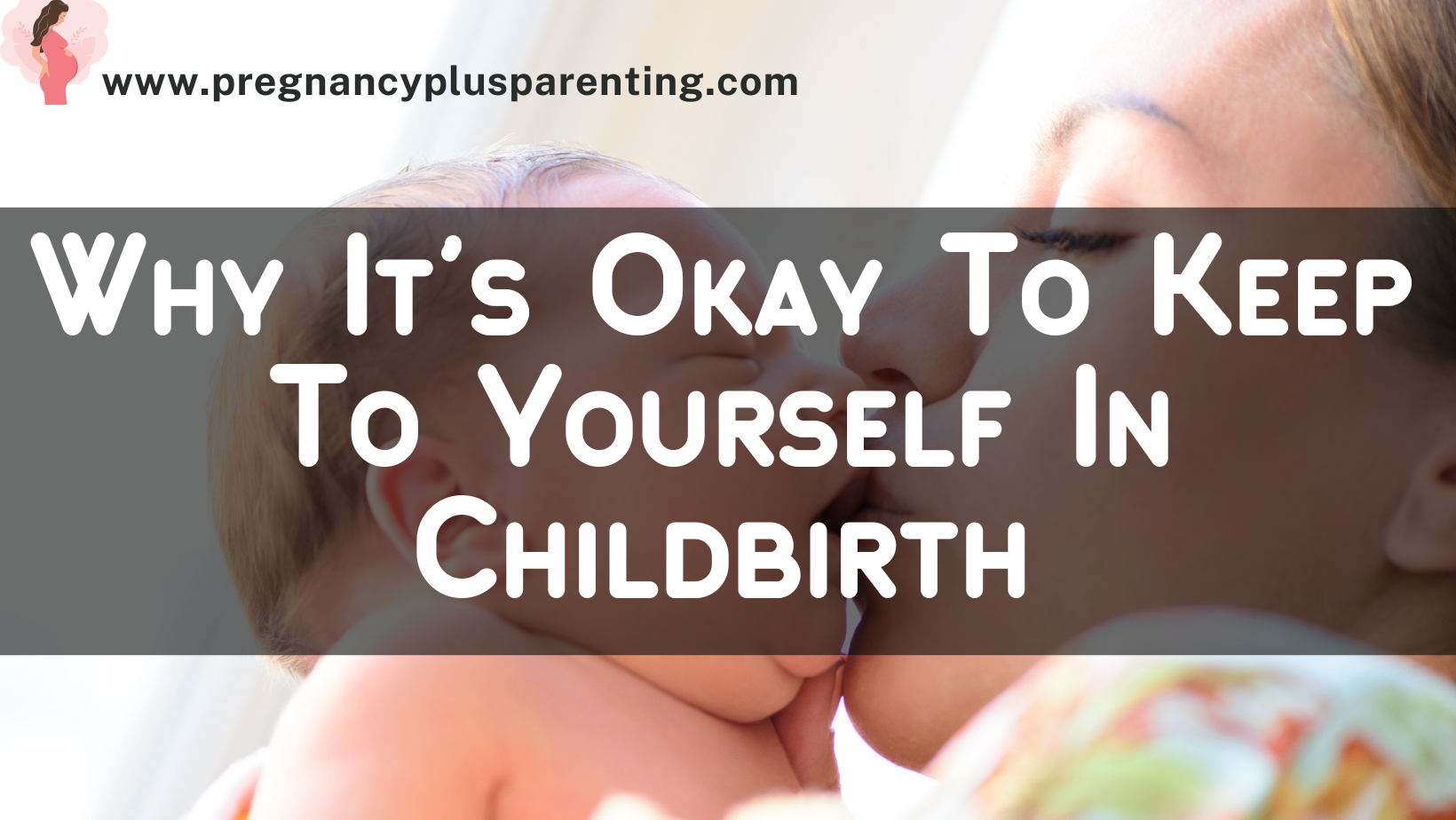The 7 Most Common Fears Before Childbirth – And How You Can Let Them Go
Pregnancy is often described as a magical journey, but let’s be real—it’s also filled with nerves, questions, and a fair share of fears. As the due date approaches, many expectant mothers find themselves lying awake at night, wondering: Will I handle the pain? Will my baby be safe? Am I really ready for this? If you’ve had these thoughts, you’re not alone.
The good news? These fears are completely normal. Even better—there are powerful ways to let them go and step into motherhood with more peace and confidence. Let’s explore the most common fears before childbirth and how you can overcome them.
Understanding Fear During Pregnancy
The Psychology Behind Pregnancy Fears
Fear before childbirth isn’t weakness—it’s instinct. Your mind is hardwired to protect both you and your baby. Worrying is a natural response to the unknown, but when it spirals, it can drain your joy and energy.
Hormonal Influence on Emotions
Pregnancy hormones like progesterone and estrogen amplify emotions. So that fear that seems overwhelming at 2 a.m.? It’s not just in your head—it’s your body’s chemistry magnifying your feelings.
Societal and Cultural Expectations
From dramatic TV birth scenes to unsolicited advice from relatives, society doesn’t always paint childbirth realistically. These exaggerated portrayals often fuel fears that don’t reflect the whole truth.
The 7 Most Common Fears Before Childbirth
Fear 1 – The Pain of Labor
Probably the biggest fear for most mothers: Will I survive the pain? Labor pain is intense, yes, but it’s also purposeful. Unlike random pain, every contraction brings you closer to meeting your baby. Techniques like breathing exercises, water births, and pain management options can help you cope.
Fear 2 – Losing Control During Birth
The thought of screaming, panicking, or not handling labor “gracefully” scares many women. But here’s the truth: there’s no right or wrong way to give birth. Your body knows what to do, and medical staff are trained to support you—even if things get messy.
Fear 3 – Medical Interventions (C-Section, Epidural, Etc.)
Many moms worry about interventions they didn’t plan for. The idea of surgery, needles, or things “going off script” can feel terrifying. But knowing your options ahead of time—like understanding when a C-section might be necessary—can replace panic with preparedness.
Fear 4 – Something Going Wrong With the Baby
Every kick and heartbeat brings joy, but also a protective worry: What if something happens? While complications can occur, prenatal checkups and modern medicine provide a strong safety net. Focusing on what you can control—like eating well, resting, and attending appointments—helps balance fear with reassurance.
Fear 5 – Tearing or Physical Trauma
Horror stories about tearing circulate in mom groups, adding to anxiety. But the reality? The body is resilient and designed to heal. Doctors and midwives take preventive steps, and most women recover fully with proper care.
Fear 6 – Not Being a Good Mother
Even before holding your baby, doubts creep in: Will I know what to do? What if I fail? These fears are rooted in love and responsibility. Remember, nobody is born knowing everything about motherhood—it’s learned, one day at a time, with support and patience.
Fear 7 – The Unknown and Unpredictable
Perhaps the scariest fear is simply not knowing how birth will unfold. Will it be quick or long? Smooth or complicated? The truth is, birth is unpredictable. Accepting this uncertainty and trusting your body’s natural wisdom can help you feel calmer.
How to Let Go of These Fears
Educate Yourself
Knowledge is power. Read books, attend prenatal classes, and talk to other moms. The more you understand what to expect, the less room fear has to grow.
Practice Relaxation Techniques
Breathing exercises, guided meditation, and visualization can calm both body and mind. Think of it as training your brain the same way athletes train their muscles before a big event.
Surround Yourself With Support
A loving partner, trusted family, or a doula can make all the difference. Talking about your fears openly takes away their power.
Create a Birth Plan (But Stay Flexible)
A birth plan gives you a sense of control, but remember: flexibility is key. Think of it like packing for a trip—you bring what you hope to use, but you adjust based on the journey.
Talk to Your Doctor or Midwife
Don’t bottle up your worries. Doctors and midwives have seen it all, and their guidance can provide reassurance that Google simply can’t.
Shift Your Perspective
Instead of focusing on fear, focus on the miracle. Birth isn’t just about struggle—it’s about strength, transformation, and meeting the little soul who’s been growing inside you.
Conclusion
Fear before childbirth is normal, but it doesn’t have to define your journey. By understanding where your fears come from, preparing yourself mentally and physically, and surrounding yourself with support, you can let go of anxiety and step into motherhood with courage. Remember: you are stronger than your doubts, and your body was designed for this moment.
FAQs
1. Is it normal to be afraid before childbirth?
Absolutely. Almost every expectant mother experiences fears—it’s part of the process.
2. How can I mentally prepare for labor pain?
Breathing techniques, prenatal classes, and pain management options like epidurals can help ease the fear of pain.
3. What if I panic during childbirth?
Medical teams are trained to handle such situations. Grounding techniques like focusing on your breath can help you regain control.
4. Can stress affect my baby before birth?
Prolonged stress isn’t ideal, but occasional worry is natural. Relaxation practices and support can keep stress in check.
5. What’s the best way to build confidence before delivery?
Educate yourself, trust your body, talk to your doctor, and remember—you’re stronger than you think.







